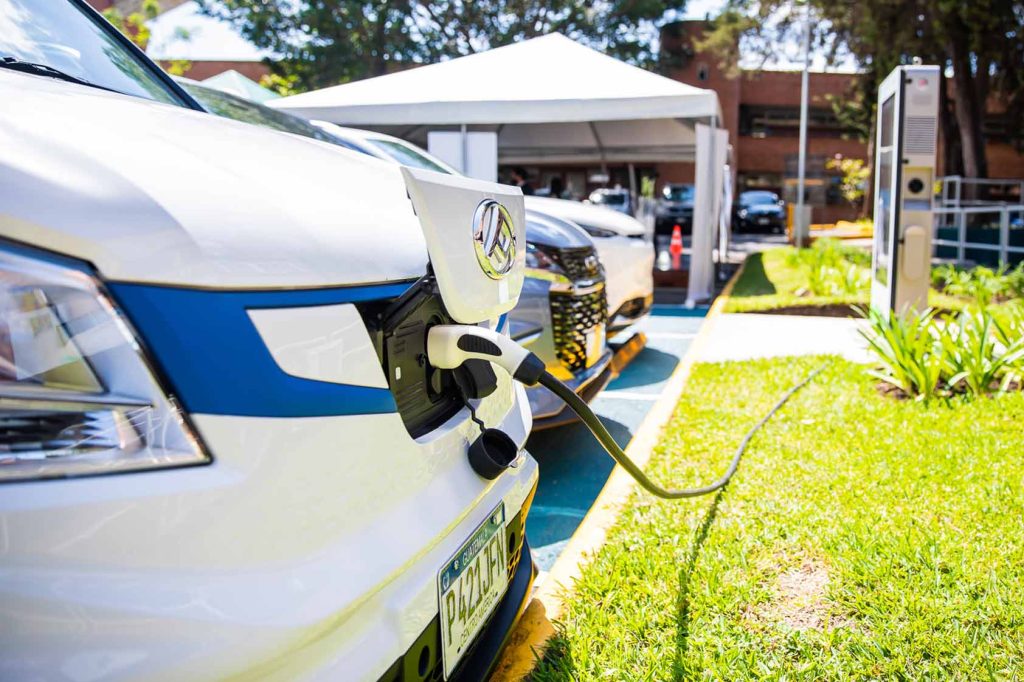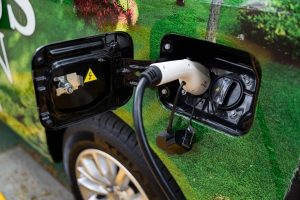
Guatemala Publishes Regulations for Charging Stations in Guatemala

According to data from the Electric Mobility Association of Guatemala (Amegua), approximately 2,500 hybrid vehicles and more than 145 100% electrified vehicles circulated in the country during 2022. Likewise, 770 100% electrified motorcycles were registered in the vehicle fleet.
With the aim of increasing the aforementioned figures, the National Electric Energy Commission of Guatemala published Resolution CN-69-2023, which stipulates the technical regulations for the provision of charging services for electric vehicles and electric transportation systems.
The framework given to this regulation is referred to the Law of Incentives for Electric Mobility enacted last year, with the objective of facilitating the importation and use of electric, hybrid, hydrogen vehicles and electric transportation systems, reducing the emission of greenhouse gases and air and noise pollution.
Regulation Details
The regulation, beyond the technical aspects that must be offered to comply, is that each supplier is prohibited from providing electric power distribution service to other users or consumers in general, i.e., it may not provide electric power service for different purposes.
Failure to comply with the above may result in a penalty, including the disconnection of the load point.
The regulation also aims to establish the minimum technical provisions and requirements for these services to be provided in a reliable and safe manner.
This regulation is mandatory for all individuals or legal entities involved in the design, construction, operation and maintenance of facilities for the electric vehicle charging service and the charging service for the electric transportation system.
Each charging service provider, whether for electric vehicles or for the electric transportation system, must comply with minimum design criteria.
For the application of the regulations, it is mandatory to comply with the General Electricity Law and its Regulations, the Wholesale Market Administrator Regulations, the Technical Standards, the Coordination Standards and the following international standards: The activities and verifications related to dedicated electrical installations must be performed, supervised and endorsed by an electrical engineer or electrical mechanic, actively registered.





